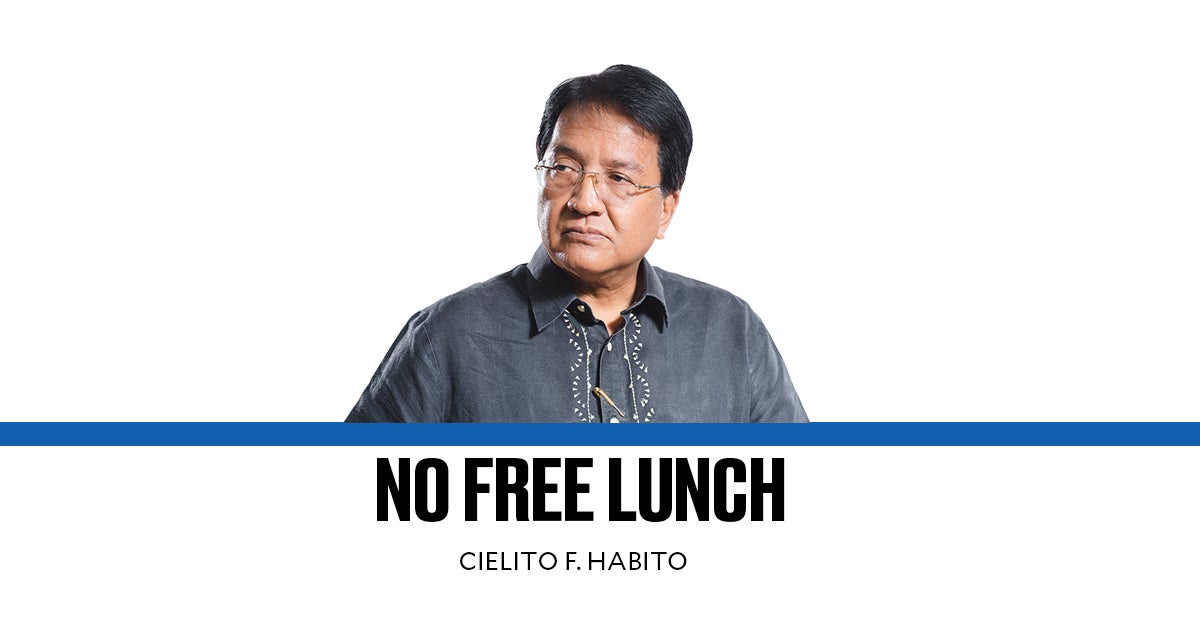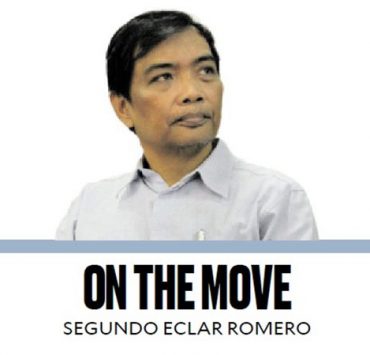Inspiration and hope

For 66 years now, the prestigious Ramon Magsaysay Award has been bestowed on individuals or entities who have made tangible contributions to uplifting lives in the Asian continent, with 353 awards having been given to date. Last weekend, the five laureates for 2024 received their awards in a solemn ceremony at the Manila Metropolitan Theater, to a live audience of 600 plus and around 100,000 online viewers. I’ve followed the award ceremonies yearly for over two decades now, as it always gives me an annual boost of inspiration and hope in the face of so much turmoil and injustice in the world today.
This year’s laureates represent a diverse array of people who have exemplified in varied contexts the rare “greatness of spirit” that the award seeks and extols: in fostering entrepreneurial education while preserving culture in the face of modernization; in compassionate service to generational victims of war; in profoundly touching the human spirit, especially of the young, through art; in defending the natural environment from man-made destruction; and in working to bring quality health care to rural populations.
The first-ever awardee from Bhutan is Oxford-educated intellectual Dr. Karma Phuntsho, who founded the Loden Foundation with a mission of “promoting education, nurturing social entrepreneurship, and documenting Bhutan’s cultural heritage and traditions.” In the country that first championed the pursuit Gross National Happiness as government’s primary mission, Phuntsho and his organization emphasize social value over profit. They aim to imbue Bhutanese youth, many of whom now seek their fortunes overseas, with the capability to start and nurture enterprises that foster a caring economy and a culture of responsible production and intelligent consumption. In so doing, Phuntsho inspires their young to be proud of their heritage and confident in their future.
Dr. Nguyen Thi Ngoc Phuong is an obstetrician who became a doctor during the course of the Vietnam War, and was spurred into her lifelong mission when she first delivered a severely deformed baby with no brain or limbs. Such defects have since been a common and lingering consequence of the American troops’ use of Agent Orange to kill all vegetation in Vietnam’s then war zones with the chemical dioxin, which persists in Vietnam’s war-ravaged soil and environment. Through extensive research, Phuong and her associates linked the birth defects to Agent Orange, and later supported legal action to seek compensation from chemical companies. Her selfless work should warn the world to avoid war at all costs, as its tragic repercussions could reach far into the future–like it has in Vietnam, four generations hence.
I found out, to my pleasant surprise, that my own children and those in their generation know and love this year’s awardee from Japan—animator, filmmaker, and manga artist Hayao Miyazaki. His Studio Ghibli has produced many of the world’s most memorable and beloved animated feature films, including the 1988 classic “My Neighbor Totoro.” Beyond entertaining, he educates his young audiences on complicated issues like protecting the environment, championing peace, or asserting women’s roles and rights. His Japanese colleagues who came on his behalf were shocked to learn that tickets to a special theater screening of his work were all taken within five minutes after the online outlet opened, not expecting Miyazaki’s immense popularity and influence even with Filipino audiences.
In Indonesia’s Aceh province, Farwiza Farhan defied conventions and refused to allow herself to be relegated to lower roles that Indonesian society ascribes to young Muslim women like her. Seeing the vast Leuser Ecosystem being ravaged by deforestation, infrastructure, and commercialization, she founded HAkA, an organization dedicated to the mission of protecting, preserving, and restoring that ecosystem. They empowered local communities, especially women; stopped a hydroelectric dam that would have threatened the elephants’ habitat; and helped win a court verdict against a palm oil company that had burned forests. She asserts that her work is a continuing struggle, and has her sights on capacitating many more youth to be champions for the forests.
For nearly six decades, Thailand’s Rural Doctors Movement and its progressive, visionary, and dedicated physicians have worked at the professional, political, and grassroots levels, and helped make universal health coverage for Thais a reality back in 2002—something our lawmakers legislated only in 2019, but is said to be many years from true fulfillment. They influenced both policy and practice to make sure no Thai is deprived of health care. Through decades of service to rural Thais, these doctors have exemplified Magsaysay’s most famous words: “He who has less in life should have more in law.”
—————-
cielito.habito@gmail.com


















